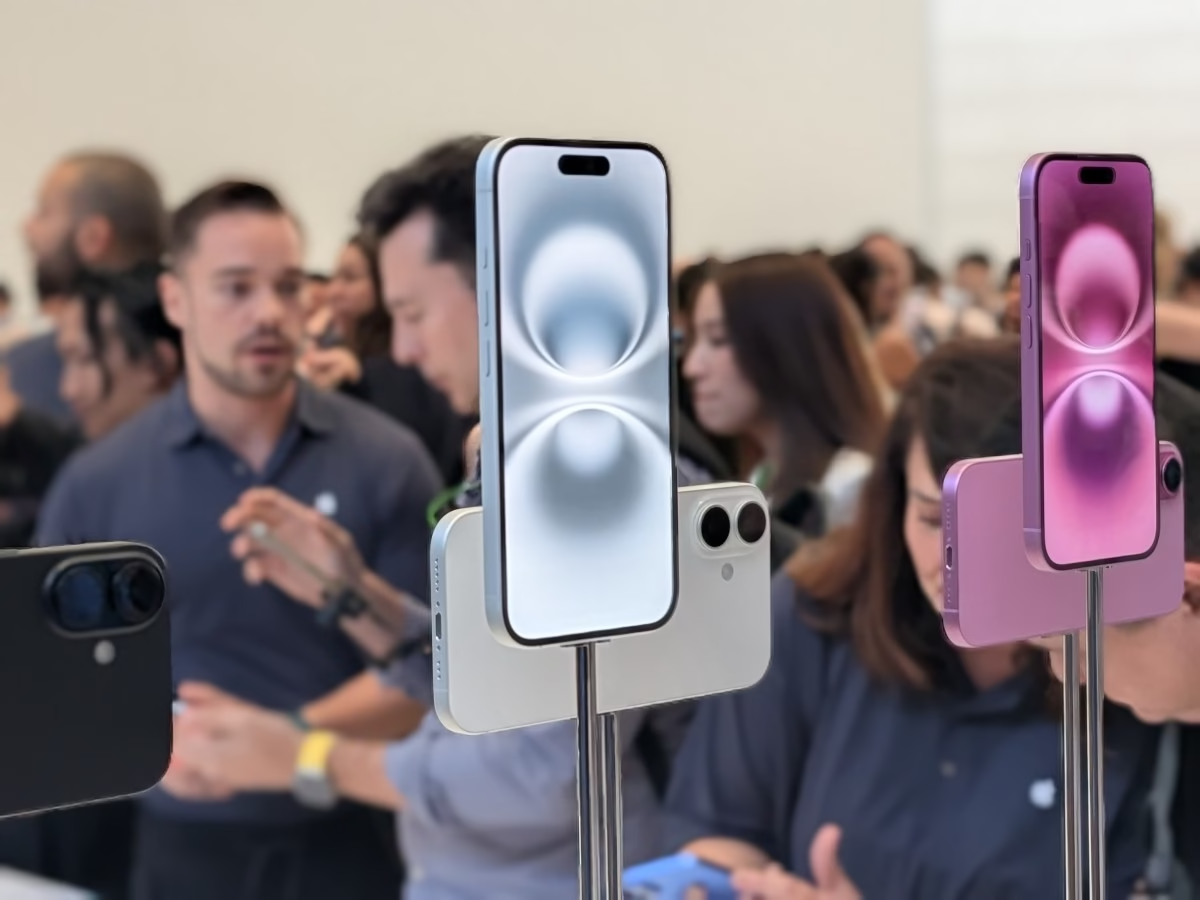Overview of the Security Bug
In a recent security incident, Meta fixed a significant vulnerability in its Meta AI chatbot, which allowed users to access private prompts and responses from other users. The flaw raised important concerns around data privacy, especially at a time when AI applications are rapidly scaling.
How the Vulnerability Was Discovered
The bug was discovered by Sandeep Hodkasia, founder of cybersecurity firm AppSecure, who reported it through Meta’s bug bounty program on December 26, 2024. By monitoring browser network traffic while editing AI prompts, Hodkasia noticed that the unique identifiers (IDs) assigned to prompts could be manipulated. Changing these IDs returned prompts and AI-generated content belonging to other users—without any authentication checks.
“The prompt numbers were easily guessable,” said Hodkasia. “This made it possible for attackers to automate the discovery of user data.”
Meta’s Response and Bug Bounty
Meta acted promptly, deploying a fix by January 24, 2025. A spokesperson confirmed the company found no evidence of abuse and had rewarded Hodkasia with a $10,000 bounty for responsible disclosure. The company emphasized that the vulnerability had not been exploited maliciously.
Security Risks in the AI Arms Race
The news of the bug comes amid intense competition between tech giants like Meta, Google, and OpenAI to roll out advanced AI features. Unfortunately, this innovation rush often leads to oversights in security, risking data leaks and user privacy violations. Similar incidents have occurred across platforms—highlighting the urgent need for security-first AI development.
Why It Matters for Businesses and Developers
For entrepreneurs and marketers leveraging AI tools, this incident is a stark reminder: security and transparency are non-negotiable. From generative AI chatbots to predictive analytics, any tool handling sensitive data must be built with robust access controls and continuous testing in mind.
Even well-intentioned AI platforms can introduce risks when backend processes fail to properly authenticate requests—something your business can’t afford to overlook.
How Trenzest Prioritizes AI Security
At Trenzest, we understand that innovation must be paired with security. Our AI-driven solutions are engineered with zero-trust architecture, user-level access control, and regular vulnerability assessments. We help businesses deploy AI with confidence—without compromising data integrity.
Whether you’re building a custom AI assistant or integrating generative tools into your CRM, our team ensures every layer of your stack is resilient and compliant.
Key Takeaways and Next Steps
- Meta’s AI chatbot bug exposed a critical flaw in user data protection.
- The issue was responsibly disclosed and patched, but it underscores wider risks.
- Businesses must vet their AI tools for proper security, transparency, and compliance.
- Partnering with expert-driven platforms like Trenzest ensures safer AI adoption.




